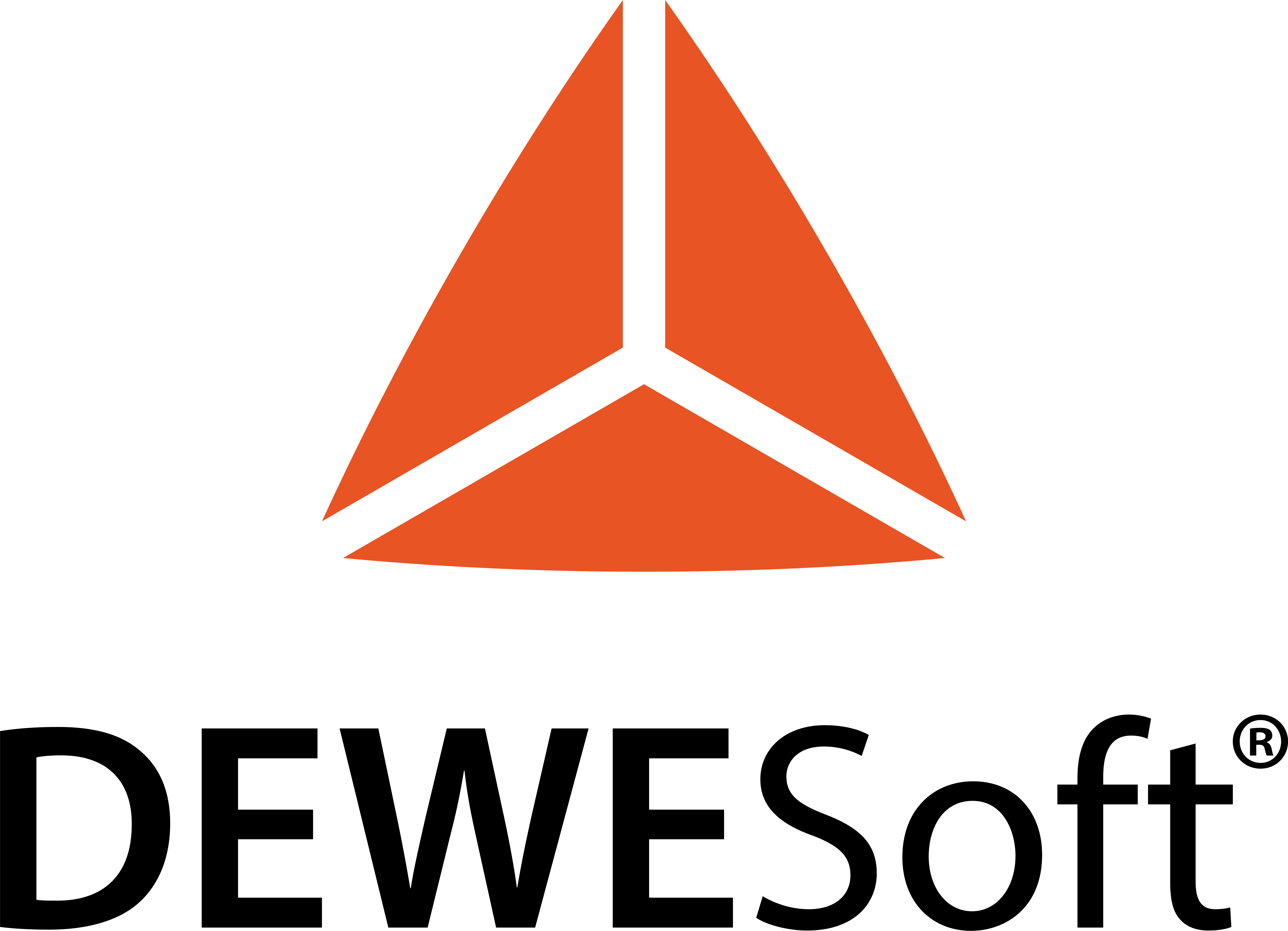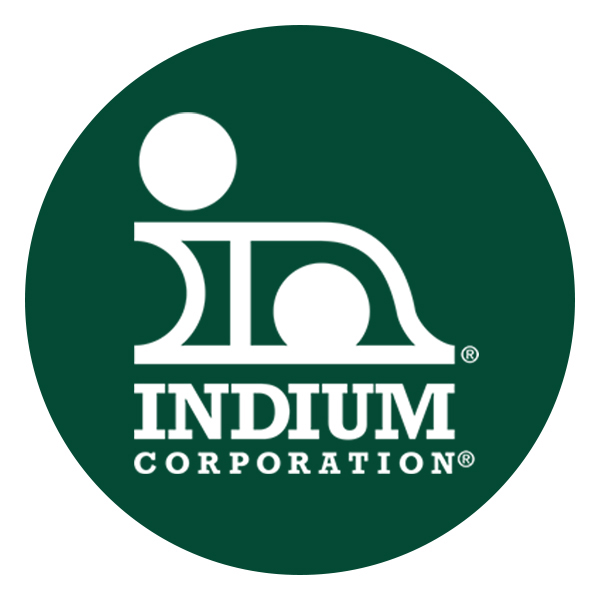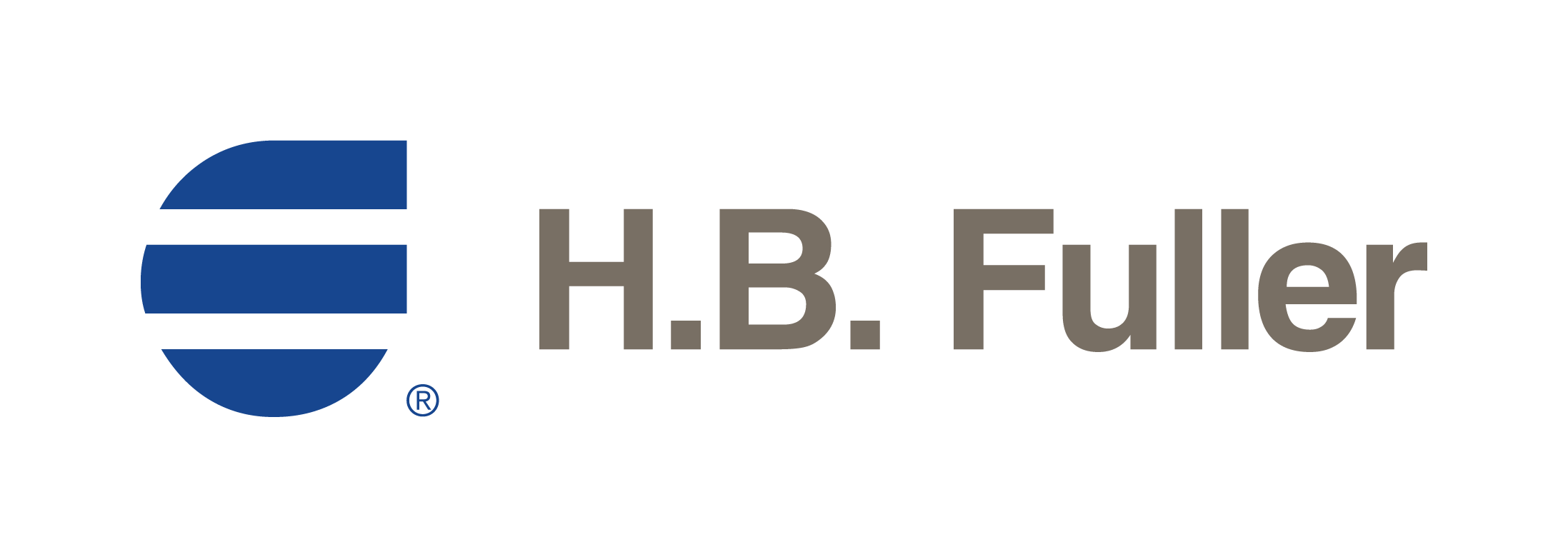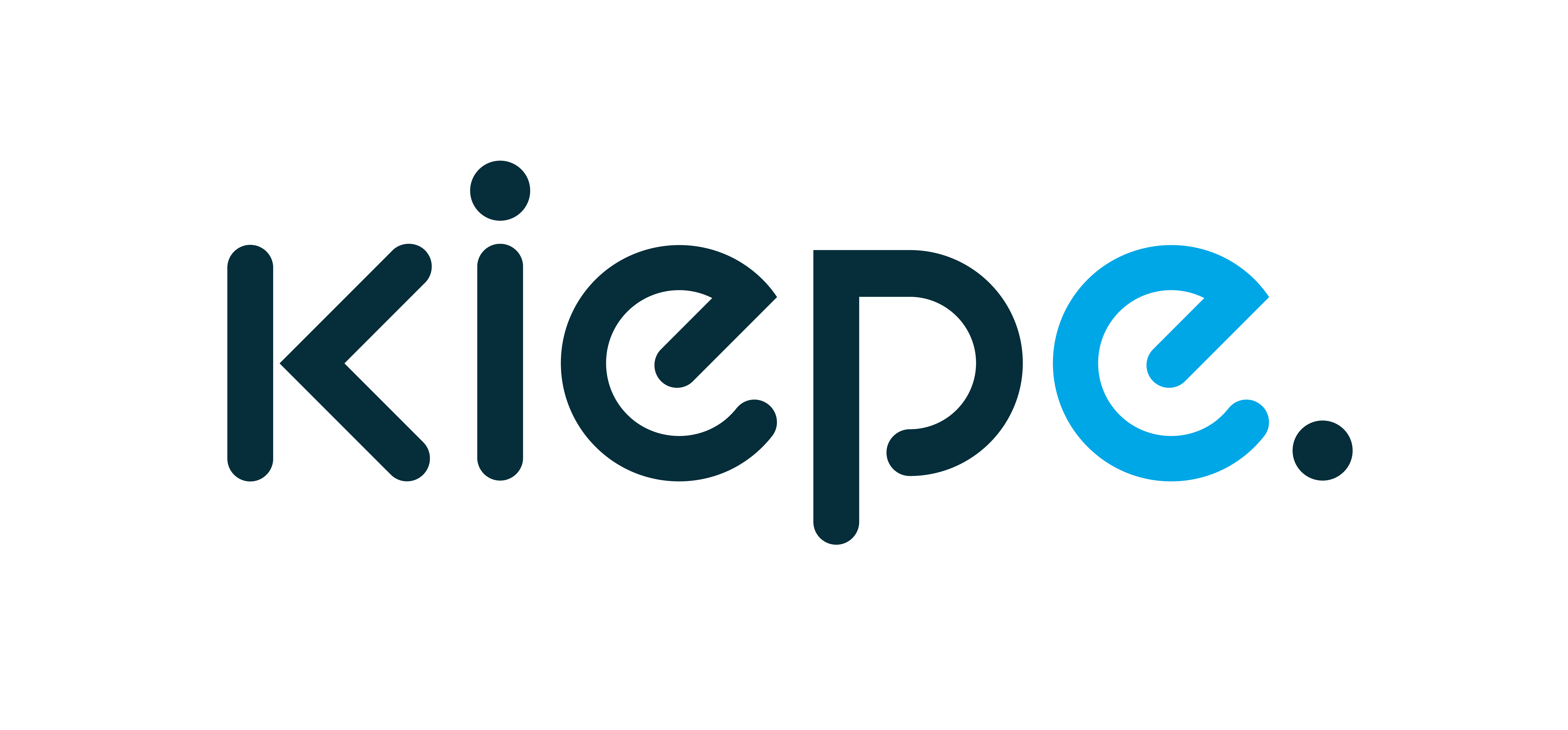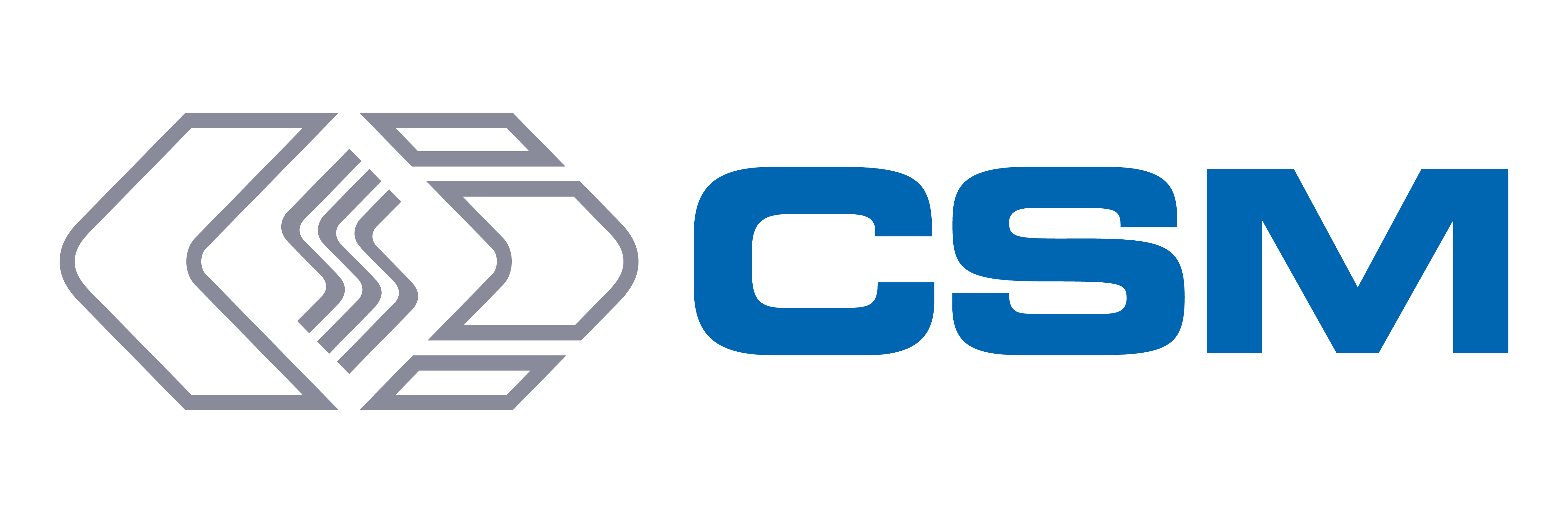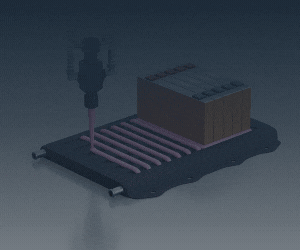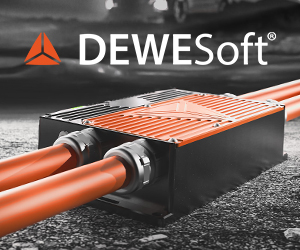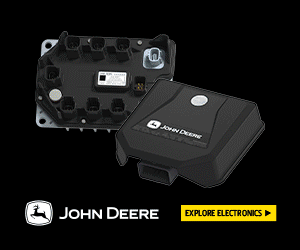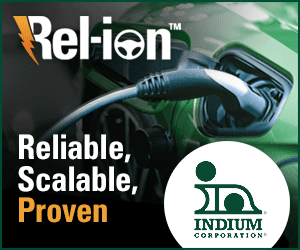theion wins third-party validation for ultra-fast charging and safe battery anode
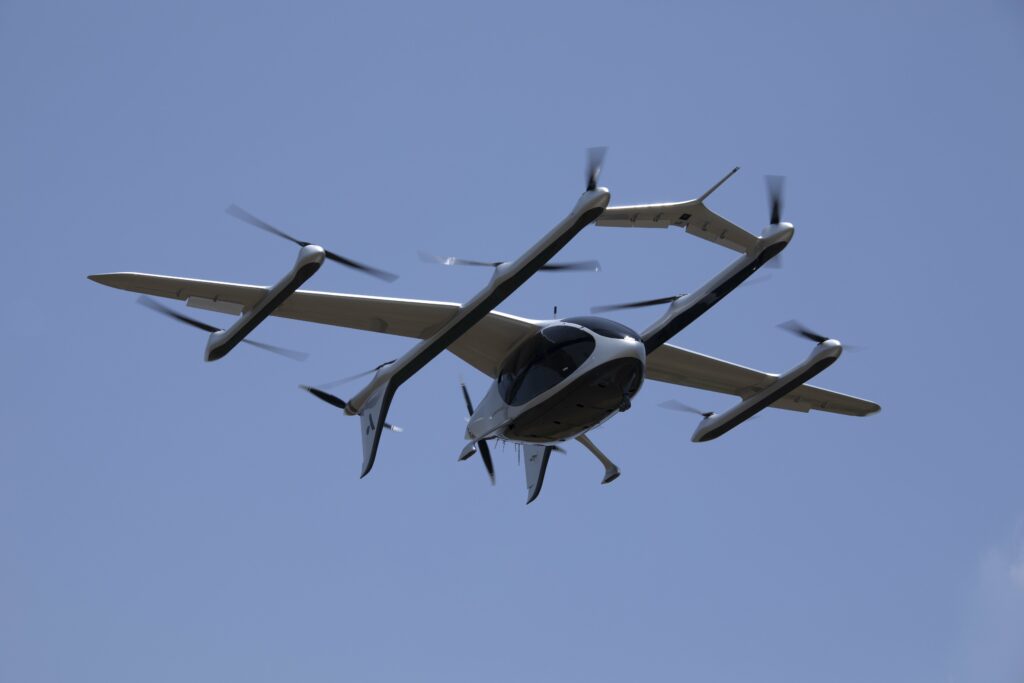
theion has announced a disruptive innovation in battery technology with its breakthrough anode chemistry.
One of the biggest challenges of batteries using lithium metal foils on the anode is the formation of dendrites during fast charging and discharging, ultimately creating a safety risk.
In line with its research on lithium-sulphur batteries, theion has developed a lightweight polymer host with special coatings to replace state-of-the-art anode chemistries such as graphite, silicon-rich graphite or lithium metal foils. It has successfully reached over 2,000 charging and discharging cycles (validated by a leading independent research institute in Germany).
Unlocking the challenge of a durable lightweight anode is a key enabler for lithium-sulphur batteries, offering triple the energy density of today’s conventional lithium-ion batteries at just one-third of the cost while requiring significantly less energy to produce.
Theion co-founder Marek Slavik said: “Our breakthrough in lightweight and fast-charging battery chemistry makes lithium-sulphur batteries ideal for electric powertrains in aviation, such as eVTOLs and traditional, prop-driven aircraft.
“The fundamental difference between sulphur and existing LFP, NMC or other transition-metal-based cathodes is that sulphur, as a multi-step redox conversion cathode, is able to realise 16 electrons, compared to, as an example, an insertion-type LFP cathode, which can realise just one. Ultimately, it’s the energy density of 16 versus one electron that will spin the wheels on your electric car or turn the fans or props on an electric aircraft.”
“Our new anode design is an important milestone,” said Dr Ulrich Ehmes, CEO of theion. “With our host anode chemistry, optimised and tested over several thousand cycles, we have solved the dendrite and fast charging problem of lithium metal foils. This is a key component for our high-performance, lithium-sulphur cell.”
ONLINE PARTNERS



